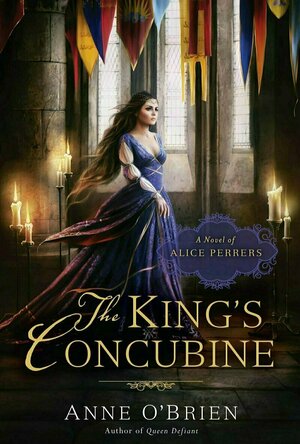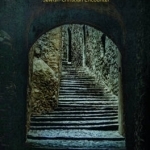
A Historian in Exile: Solomon ibn Verga, Shevet Yehudah, and the Jewish-Christian Encounter
Book
Solomon ibn Verga was one of the victims of the decrees expelling the Jews from Spain and Portugal...
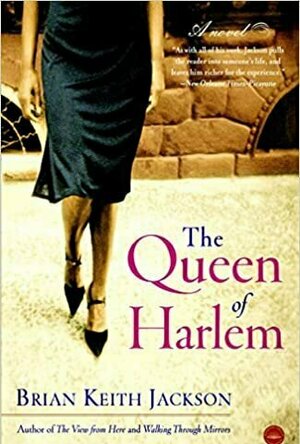
The Queen of Harlem
Book
An African American Breakfast at Tiffany's-a hip, refreshingly candid tale of identity and...
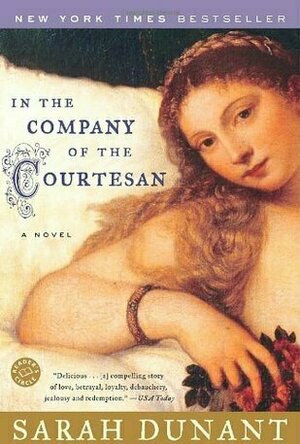
In the Company of the Courtesan
Book
My lady, Fiammetta Bianchini, was plucking her eyebrows and biting color into her lips when the...
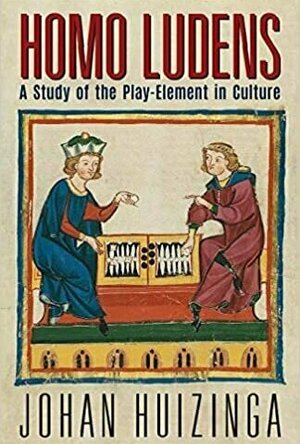
Homo Ludens
Book
In Homo Ludens, Johan Huizinga defines play as the central activity in flourishing societies. He...

A Matter of Faith – Henry VIII: The Days of the Phoenix
Book
Finally free of Catherine of Aragon, Henry VIII, is now married to Anne Boleyn and eagerly awaiting...
Historical Fiction Tudors Henry VIII
David McK (3713 KP) rated Batman: Resurrection in Books
Apr 6, 2025
So roughly 35 or so years after the original 'Batman' film - which reimagined him from the camp flamboyant character of the '60s TV series to something altogether more serious - we get this novel, set between the events of 'Batman' And 'Batman Returns' and so set in the very-gothic Tim Burton version of Gotham instead of the more-grounded Christopher Nolan version: a Gotham that is still reeling from the after-effects of The Jokers gas attack towards the end of that film.
With said Gas, and the chemical attack earlier in the film in the form of Smylex, kickstarting the plot here by providing the reason behind the creation of what, to me, is one of the lesser-known of Batman's Rogue Gallery - a character that, without giving too much away, I only really first became aware of through playing the Arkham Asylum series of videogames, where he has a larger role in one of the later entries (and who has yet, to my knowledge, make it to the movies - ironic, when you consider his profession).
Him, and the puppeteer pulling his strings - both of whom I have encountered in said video games; neither of which have played a larger role (any?) in any of the live-action Batman films.
As an 'in-between' novel, there's also hints of things to come with cameo's from certain characters who will later play a larger role in Batman Returns, and by one character in particular who the upcoming sequel to this is going to centre on.
Deborah (162 KP) rated The King's Concubine in Books
Dec 21, 2018
The protagonist of this particular novel is Alice Perrers, best known as mistress to Edward III. Not an awful lot, it seems, is really known about Alice, at least before her time at court. O'Brien has used known facts and woven her story about these, filling in the gaps with imagination and probability. Historically, Alice Perrers has never come across as a particularly nice person, seeming to be greedy, grasping and manipulative. O'Brien doesn't do a total whitewash job on her, but she does give a more sympathetic portrayal. Her Alice is still keen to acquire land holdings, but seen as a woman who has come from practically nothing and can see what her future might be without royal patronage, it is difficult to really blame her. History has always tended to be written by the victors and by men, and in medieval times they would not have liked a woman stepping out of her 'place' so it is quite understandable that Alice Perrers should have been so vilified.
Overall, I thought this was a good read. I read Vannora Bennett's The People's Queen a while back, which is also about Alice Perrers (she seems to be enjoying something of a renaissance!) but I preferred O'Brien's book. The cover gives O'Brien a plaudit of being 'better than Philippa Gregory'. Well, I can't argue with that as I haven't cared much for either of the books by Gregory that I have read, so I will wholeheartedly agree that O'Brien is much more worth reading! I look forward to her book on Eleanor of Aquitaine.
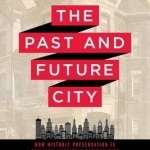
Past and Future City: How Historic Preservation in Reviving America's Communities
Stephanie Meeks and Kevin C. Murphy
Book
At its most basic, historic preservation is about keeping old places alive, in active use, and...
Flora Unveiled: The Discovery and Denial of Sex in Plants
Lincoln Taiz and Lee Taiz
Book
Sex in animals has been known for at least ten thousand years, and this knowledge was put to good...


